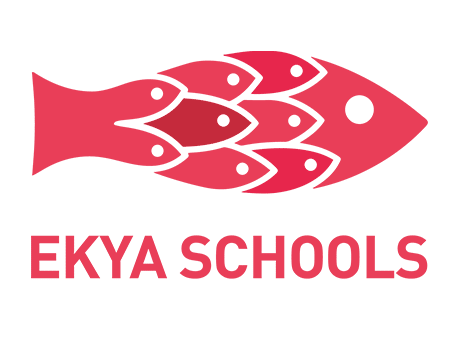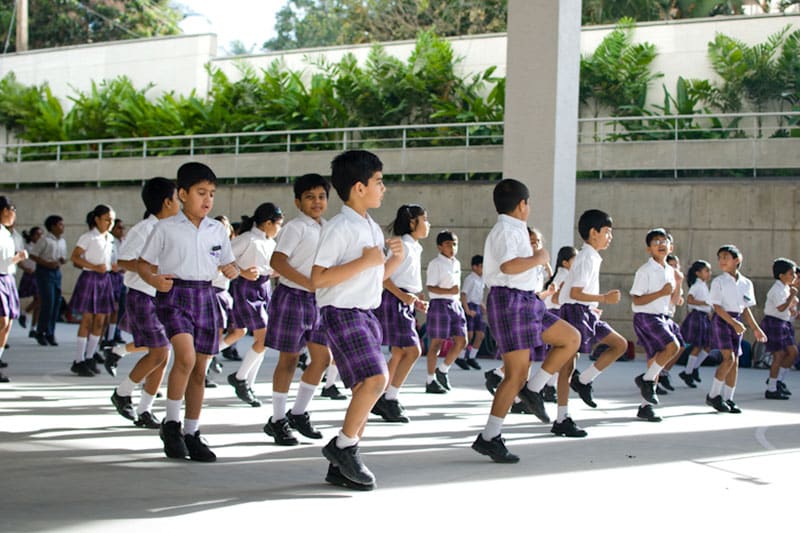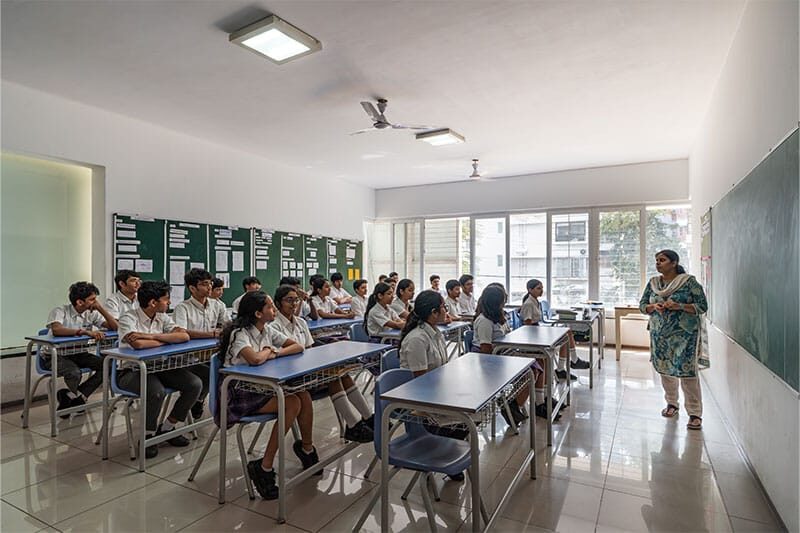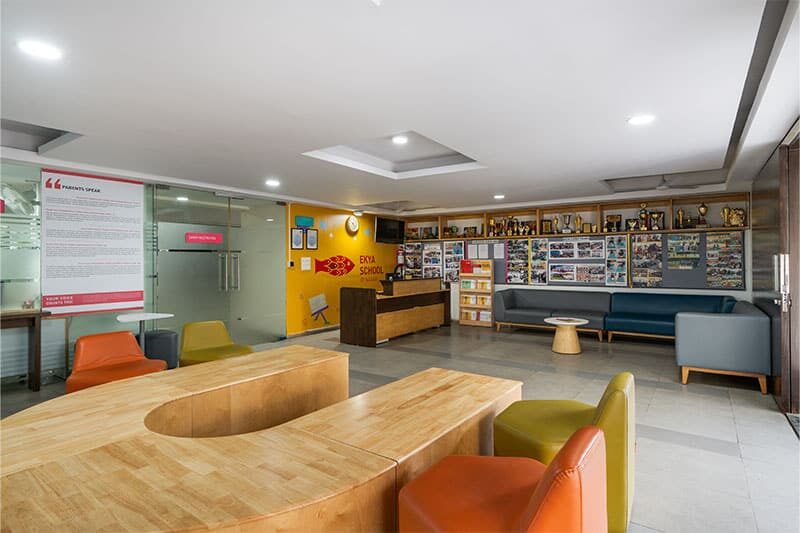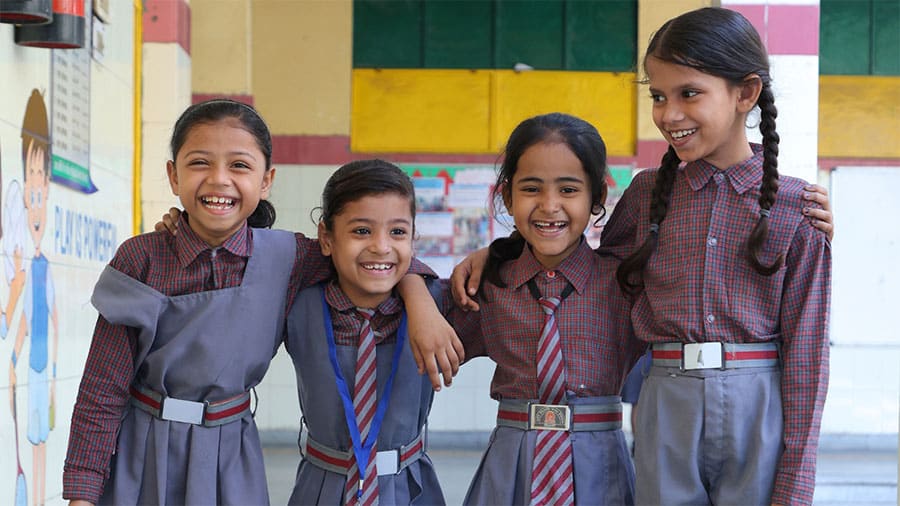Innovation - 2025 Finalist
Ekya School J P Nagar
India
The Indian school that integrated Design Thinking into its curriculum to build real-world problem solvers
Ekya School, J P Nagar, an independent kindergarten, primary, and secondary school in Bangalore, Karnataka, India, is empowering students to become innovative thinkers and proactive problem solvers through a Design Thinking curriculum that integrates human-centred design processes and skills development. In response to the question of how to prepare children for an uncertain future, the design thinking curriculum was developed to catalyse students as critical thinkers, guided by empathy, with the capabilities to solve real-world challenges and drive positive transformation in their communities and beyond.
The school has introduced and integrated a tailored Design Thinking model into its curriculum, designed to foster diverse skill development and empower students to become agile, skilled, future-ready leaders. Through collaborative and hands-on learning experiences, student-led initiatives have been developed to address issues like waste management, integrating the elderly in society, public health, and making recycling more accessible to the local community. Students have created and regularly participate in the FIND Festival, a city-wide Design Thinking challenge for schools across Bangalore. The model inspires exploration and creation while entrenching critical problem-solving skills by giving students a space to generate ideas without immediate judgment. Continuous feedback from students helps the school constantly refine the approach to ensure it remains relevant and impactful.
Since the shift in curriculum, over 1,000 students have been initiated into the design thinking approach. In March 2023, students participated in a Global Open Innovation Challenge, hosted by CMR University, Bangalore, where a total of 750 teams (3,000+) participants from 90 institutions across 10 countries participated, with a team from Ekya School, J P Nagar winning the challenge. Younger students tend to iterate freely without fear of mistakes, and their work with electronics has seen them build working models like a test monitor for heart rate on a bicycle. Students participate confidently in university-level and inter-school events, present solutions without fear, and are visibly more engaged. They approach challenges critically and collaboratively, ask deep questions, take ownership of their learning, and apply it meaningfully to real-world contexts. Teachers collaborate more effectively, and enrollment is at full capacity with a waiting list.
Through its pioneering learning model, the school is developing students who aren't simply passive learners but rather active problem solvers who take ownership of their learning and apply it meaningfully to real-world challenges through transformed thinking.
